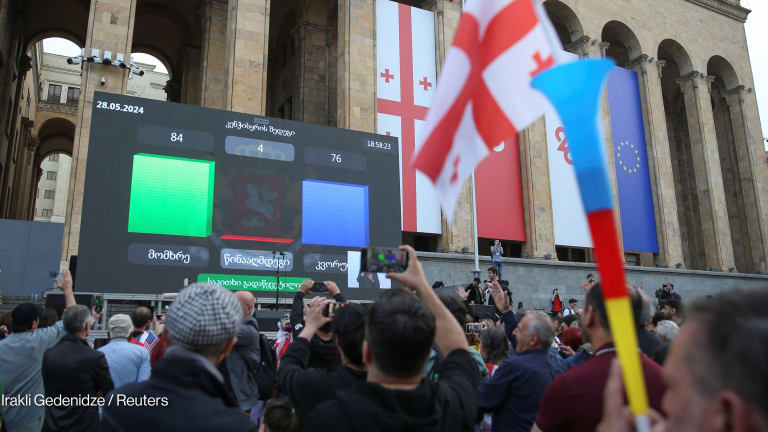At the end of January, a contentious draft bill that could affect NGO operations in Kyrgyzstan and reduce the country’s civil society space edged closer to implementation as it passed a parliamentary committee review. This proposed law is the latest in a string of moves by Asian governments that onlookers say is suffocating NGOs and civil society organizations.
A series of registration laws imposed in countries around the region are erecting new hurdles for mission-driven organizations to undertake their work and are mandating them to disclose information that could make them and their staff vulnerable to closure and harassment. At the same time, rates of harassment and intimidation of those working as activists or human rights defenders is increasing.
“Civil society is really under assault right now,” Elaine Pearson, director of Human Rights Watch’s Asia division, said at a recent press conference. “For this region, 2023 was a year of increasing and intensifying repression from China and North Korea to India and Afghanistan.”
Search for articles
Most Read
- 1
- 2
- 3
- 4
- 5








